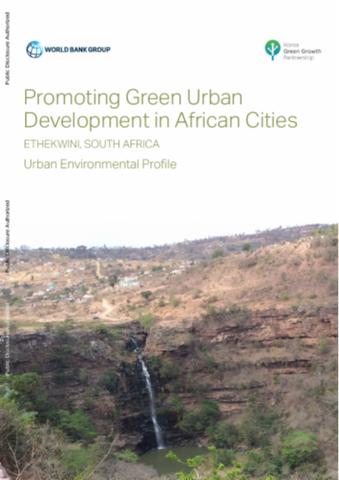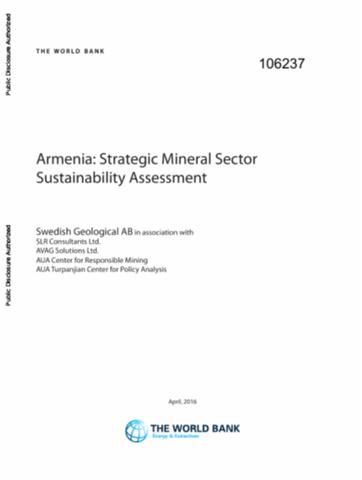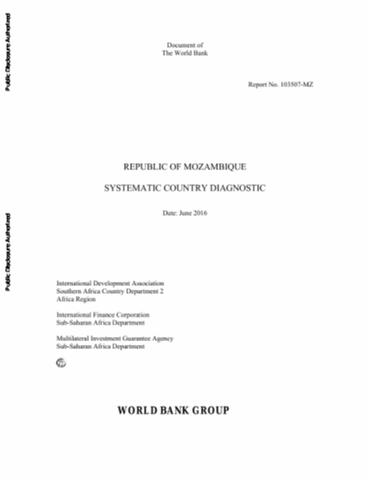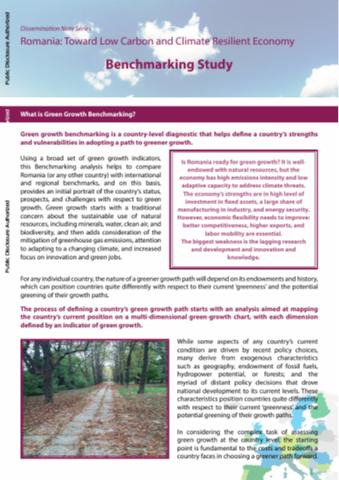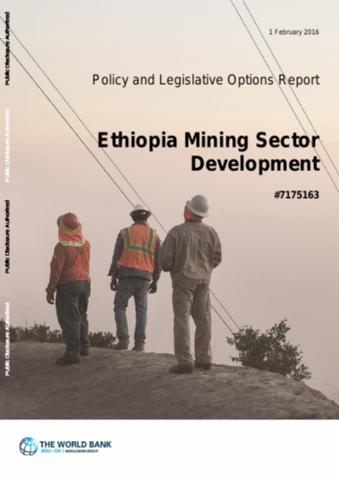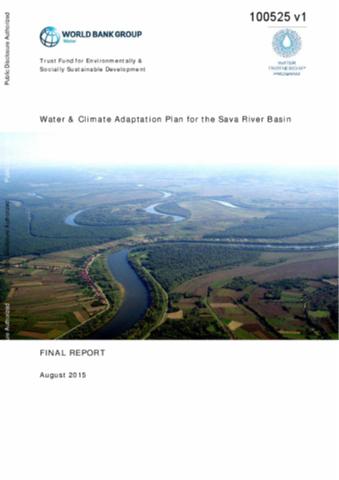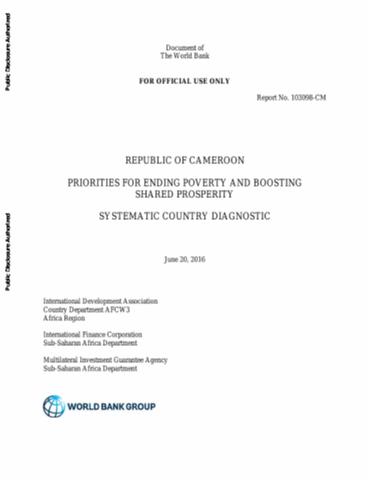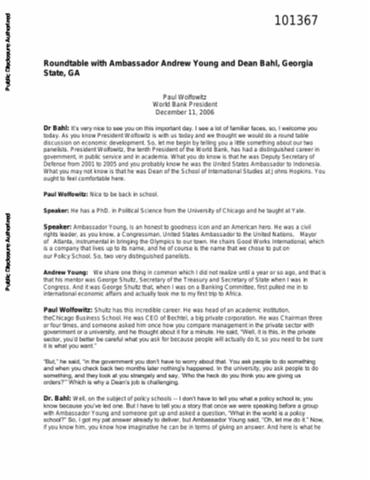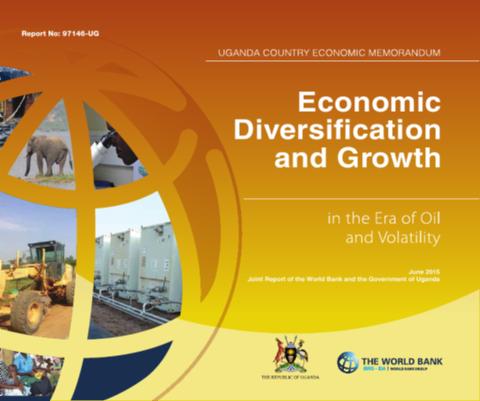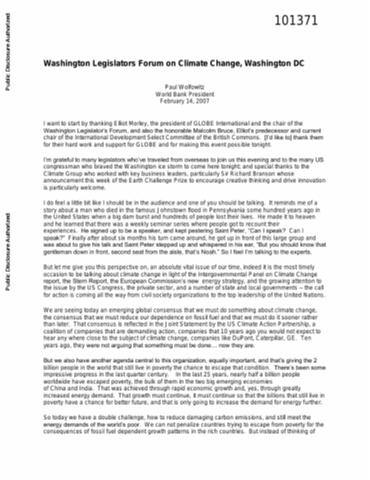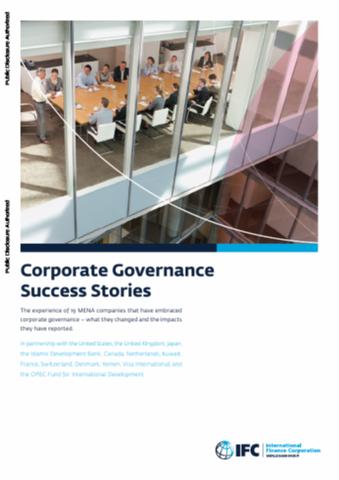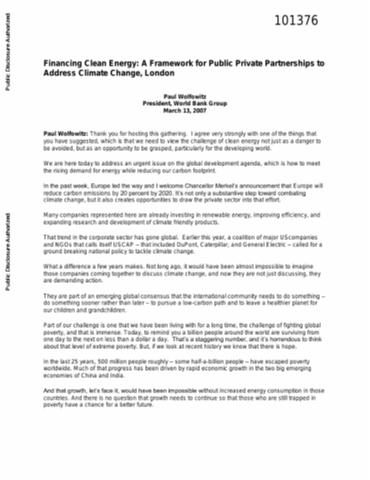Promoting Green Urban Development in African Cities
The city of eThekwini or Durban has undergone a period of rapid urbanization that has contributed to the degradation of the city’s natural environment. Climate change is placing further strains on the city’s ability to manage the urban environment. The urban environmental profile of eThekwini has been prepared as the first component of the assignment promoting green urban development in Africa: enhancing the relationship between urbanization, environmental assets and ecosystem services, a project being conducted under the leadership of the World Bank.

